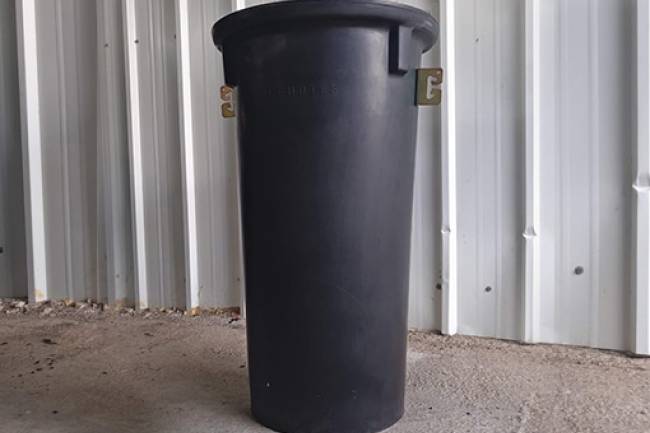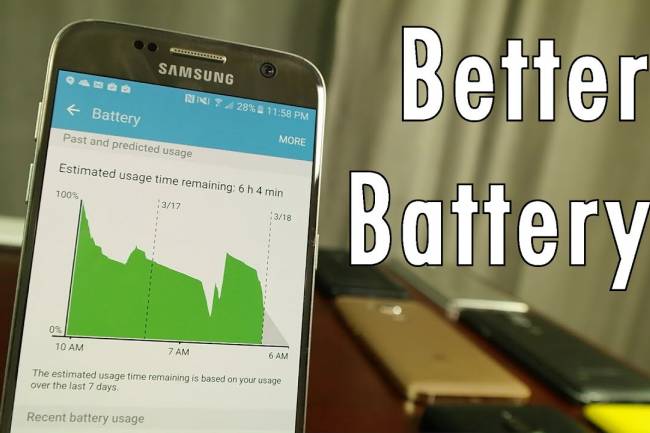
Weed Management: Tips for Keeping Your Garden Weed-Free
Maintaining a beautiful and thriving garden is rewarding, but it comes with its share of challenges. Among the most persistent of these challenges are weeds, those uninvited guests that seem to sprout overnight and threaten to overrun your carefully curated green space.
Effective weed management is crucial for the health and aesthetics of any garden design. In this blog, we’ll share comprehensive tips and strategies to help you create a weed-free and flourishing garden.
Understanding Weeds and Their Impact
Weeds are simply plants growing where they are not wanted. They compete with your desirable plants for water, nutrients, and sunlight, potentially stunting their growth. Some weeds can also harbour pests and diseases that can spread to your other plants. Understanding the nature of weeds and their growth patterns is the first step in effective weed management.
Prevention: The First Line of Defense
Preventing weeds from taking root in the first place is the most effective way to maintain a beautiful garden. By implementing strategic preventative measures, you can significantly reduce the occurrence of weeds and save yourself a lot of future hassle.
1. Mulching
Mulching is one of the most effective ways to prevent weeds. A thick layer of mulch (about 5 - 8cm) can block sunlight from reaching weed seeds, preventing them from germinating. Organic mulches like wood chips, straw, or compost not only suppress weeds but also improve soil health as they decompose. Inorganic mulches, such as landscape fabric or gravel, can also be effective, especially in areas with perennial plantings.
2. Plant Densely
Densely planted garden beds leave less room for weeds to take root. Choose ground covers and other spreading plants to create a living mulch that shades the soil, making it difficult for weed seeds to germinate. Companion planting and intercropping can also help maximise space and reduce weed growth.
3. Use Landscape Fabric
For particularly troublesome areas, landscape fabric can provide a strong barrier against weeds. Lay the fabric down and cover it with mulch or soil to anchor it in place. This method is especially useful for pathways and around shrubs and trees where you don’t need to disturb the soil frequently.
Early Detection and Control
Early intervention is key to effective weed management. Regularly monitoring your garden and addressing weeds as soon as they appear will help prevent them from establishing and spreading.
1. Regular Inspections
Make it a habit to inspect your garden regularly. Early detection is crucial because it’s much easier to remove weeds when they are small and haven’t had a chance to establish deep root systems. A quick walk through your garden every few days can help you catch new weeds before they become a problem.
2. Hand Weeding
Hand weeding is the most traditional and effective method of weed control. It allows you to target weeds precisely without disturbing your desirable plants. Ensure you remove the entire root system to prevent regrowth. Tools like a dandelion digger or a hoe can make this task easier.
3. Hoeing
Hoeing is particularly effective for annual weeds. A sharp hoe can cut weeds off at the soil surface, preventing them from regrowing. This method is best done when the soil is dry, as weeds are less likely to re-root in dry conditions.
Advanced Weed Management Techniques
For stubborn and persistent weeds, advanced techniques can provide additional control. These methods can help you tackle challenging weed problems with greater efficiency and effectiveness.
1. Solarisation
Solarisation is an organic method that uses the sun’s heat to kill weeds and their seeds. This involves covering a moist garden bed with clear plastic sheeting during the hottest months. The trapped heat sterilises the soil, killing weed seeds and soil-borne pests. While this method requires a few weeks to be effective, it can significantly reduce weed problems.
2. Corn Gluten Meal
Corn gluten meal is a natural pre-emergent herbicide that prevents weed seeds from germinating. It’s safe for established plants but should be applied with caution around seeds and seedlings. Spread it in early spring before weed seeds have a chance to sprout.
3. Vinegar and Natural Herbicides
For spot treatments, household vinegar can be effective against young weeds. There are also various natural herbicides available that use ingredients like clove oil or citric acid. These are best used on sunny days for maximum effectiveness.
Maintaining a Weed-Free Garden
Consistency is crucial in keeping your garden weed-free over the long term.
Regularly replenishing mulch layers is essential, as organic mulches decompose over time, becoming less effective at suppressing weeds. By topping up your mulch periodically, you maintain its benefits.
Additionally, using targeted watering techniques like drip irrigation or soaker hoses can minimise the moisture available to weed seeds while encouraging deep root growth for your plants.
Maintaining clear boundaries around your garden beds with edging materials such as plastic, metal, or stone can also prevent weeds from encroaching from lawns or adjacent areas.
Regularly trimming these borders helps keep weeds at bay. Implement these ongoing maintenance practices to ensure your garden remains beautiful, healthy, and weed-free.
A weed-free garden is not just a dream but a realistic goal with the right strategies in place. By combining preventative measures with regular maintenance and targeted treatments, you can keep your garden looking pristine and healthy. Remember, the key to successful weed management is consistency and early intervention.











